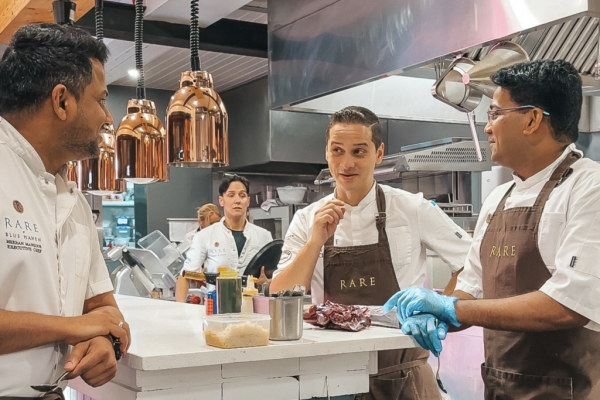The Licensed Vintners’ Association (LVA) has warned that the government should commit to a five-year time frame from this year – from 2024 to 2029 – for the introduction of the Living Wage, so as to allow labour-intensive, low-margin sectors like hospitality to have time to adapt to the increased costs thereof.
The association referenced the government study titled An Assessment of the Cumulative Impact of Proposed Measures to Improve Working Conditions in Ireland, which estimates that the impact of the government-imposed employment costs could come to as much as 36.7% for a small hospitality business by 2026.
The LVA warned that no pubs or hospitality businesses can sustain such a ‘rapid increase’ in costs.
‘Too Much, Too Fast’
“We believe that these government-imposed costs of employment represent too much, too fast, for the hospitality sector,” said Donall O’Keeffe, CEO of the LVA.
“Small businesses can’t be expected to accommodate a rise in employment costs of this level in the next three years.”
Employers’ PRSI
The LVA noted that the government estimate does not include the increased rates of Employers’ PRSI, which will also take effect, meaning that the cost of employment is likely to be even higher than originally anticipated.
Among the government measures included in the estimate are the Living Wage, pension auto-enrolment, and increased sick-leave entitlements.
‘Not Sustainable’
“The government’s own study says they could reach as high as 36.7% by 2026 – a figure which doesn’t even include Employers’ PRSI,” said O’Keeffe.
“That simply isn’t sustainable for hospitality or small businesses.”
VAT Rate
The LVA has suggested that it is not realistic how the government has gone about calculating these raises.
The association argues that linking these increases to what is happening in the multinational or public sector simply is not comparable to the situation facing small business with high labour costs.
“A reintroduction of the VAT at 9% on food is now essential, as well as evaluation of wage/cost supports for low-margin, labour-intensive businesses, such as hospitality,” said O’Keeffe.








